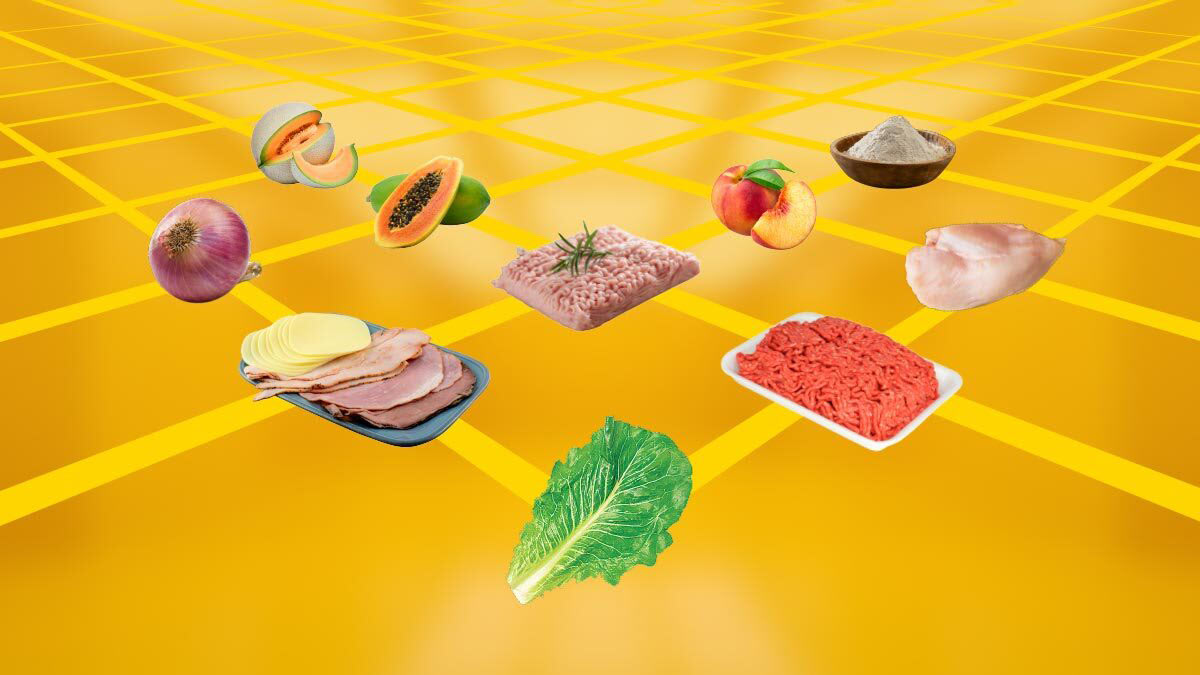10 Risky Recalled Foods You Should Know About - consumerreports.org

Products recalled: Romaine lettuce and bagged salads
Reason: E. coli, listeria
Why they're risky: Outbreaks traced to leafy greens were responsible for the most deaths in our analysis, and the second largest number of recalls and outbreaks—50, in fact, compared with 30 for chicken, turkey, and ground beef combined.
A likely culprit: contaminated water used to irrigate the fields in California and Arizona, where most of the lettuce is grown in the U.S., Ronholm says. Some fields are near cattle feedlots, and the animals can carry particularly deadly strains of E. coli, such as O157:H7, in their intestines. Manure containing the bacteria can seep into irrigation water, and contaminate the crops.
Even if a batch of lettuce comes into the processing plant free of harmful bacteria, it may still become contaminated. Packaged salad greens are processed at a relatively small number of facilities around the country, so contamination in a single one can quickly spread to dozens of different products and millions of cases, says Michael Hansen, PhD, senior scientist at CR.
That is what likely happened, he says, with two massive recalls in 2021, including one by Dole involving 76 products and another by Fresh Express of more than 100 products. "Concentration in the salad processing industry means a greater chance of contamination and larger outbreaks when they happen," Hansen says.
Listeria poses a special risk. The bacteria thrive in damp, cold environments, like refrigerators and food processing plants, and it is notoriously hard to kill, says James E. Rogers, PhD, director of food safety research and testing at Consumer Reports. And once bacteria takes hold on machinery, it can easily spread as food moves through the processing plant.
Finally, salad greens are normally eaten raw. "Heating kills bacteria, but most people, understandably, don't want to cook their lettuce," Rogers says.
What you can do: Consider buying whole-head lettuce instead of bagged or boxed. Remove the outer leaves, which is where bacteria often lurks, Rogers says. Or opt for hydroponic and greenhouse-grown lettuce if you can, because they are less likely to come in contact with animal droppings. In addition, favor cooked greens—such as kale, collards, or Swiss chard—over raw ones, especially if you are at high risk for complications of food poisoning or live with someone who is, including people who are immunocompromised, pregnant, or elderly.
Two caveats: Don't assume that organically grown produce, or other foods, are less likely to be recalled because of bacterial contamination than conventionally grown foods. In fact, some of the recalled greens were organically grown. And while it's a good idea to wash fruits and vegetables, that is mostly to remove dirt and some pesticides; it might not do much for bacteria.
Comments
Post a Comment